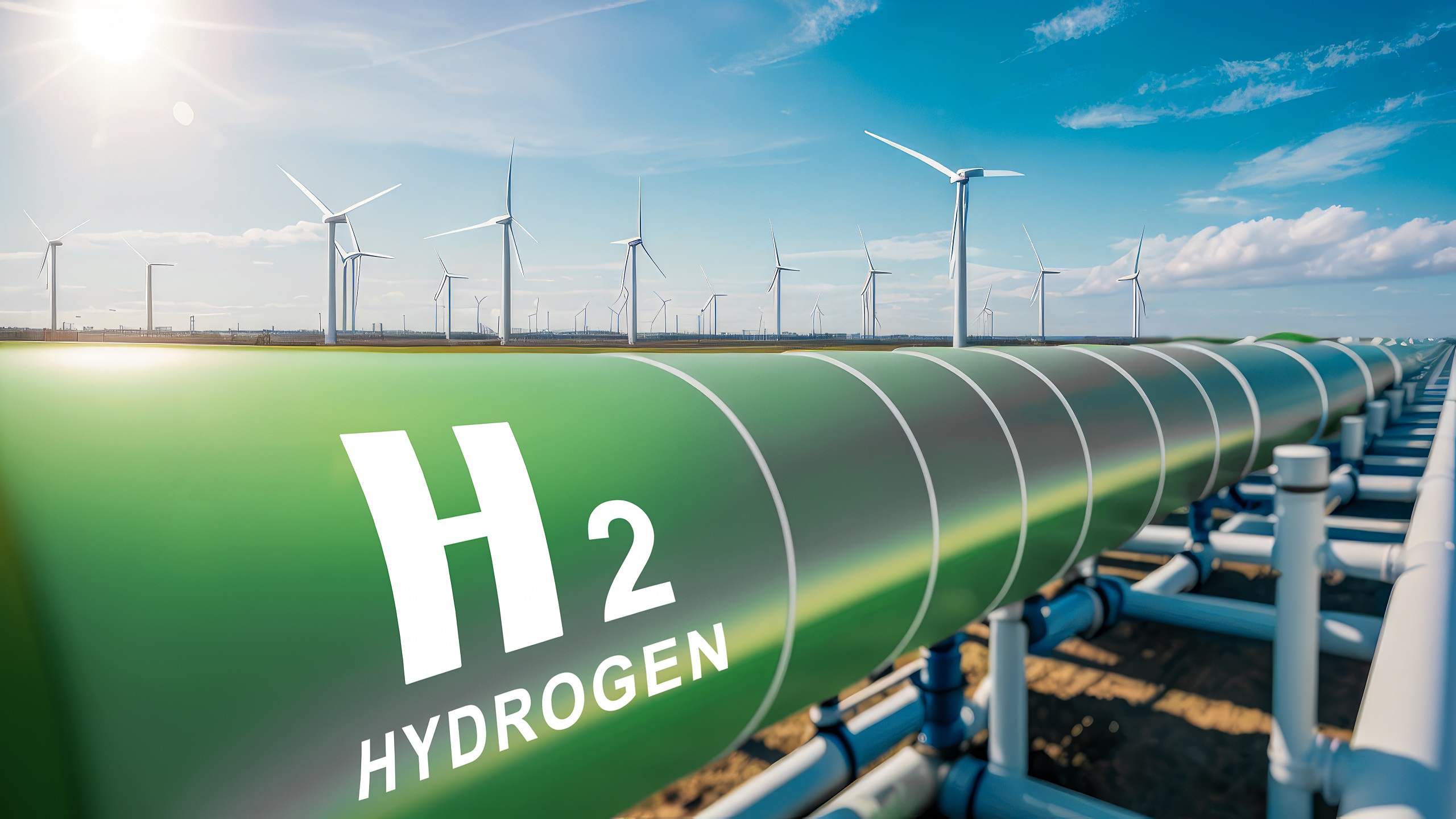Israel Approves National Hydrogen Pipeline To Advance Clean Energy Goals
Israel’s National Planning and Building Council has authorized plans to construct a 400-kilometer hydrogen pipeline spanning from the Jezreel Valley in the north to the southern village of Eilot, near the Red Sea city of Eilat. The decision, announced Tuesday by the Ministry of Energy and Infrastructure, is part of the country’s broader strategy to reduce carbon emissions and transition to cleaner energy sources.
The proposed pipeline will run through several industrial zones, offering hydrogen as a less polluting alternative to conventional fossil fuels currently used by factories. The ministry described the initiative as a major step toward integrating hydrogen into Israel’s energy infrastructure and reducing the country’s dependence on coal and natural gas.
This holiday season, give to:
Truth and understanding
The Media Line's intrepid correspondents are in Israel, Gaza, Lebanon, Syria and Pakistan providing first-person reporting.
They all said they cover it.
We see it.
We report with just one agenda: the truth.


Officials expect the planning phase to be completed by the end of 2025. Private sector investment is anticipated to finance the project, although no specific companies have yet been named.
Hydrogen is increasingly viewed as a critical component in global efforts to decarbonize industry and transportation. Countries across Europe, North America, and Asia have launched similar projects to develop hydrogen-based energy systems, often with significant government support.
Israel has pledged to cut greenhouse gas emissions by 27% by 2030 compared to 2015 levels and achieve net-zero emissions by 2050. The hydrogen pipeline is part of a series of national initiatives aimed at reaching those targets.

